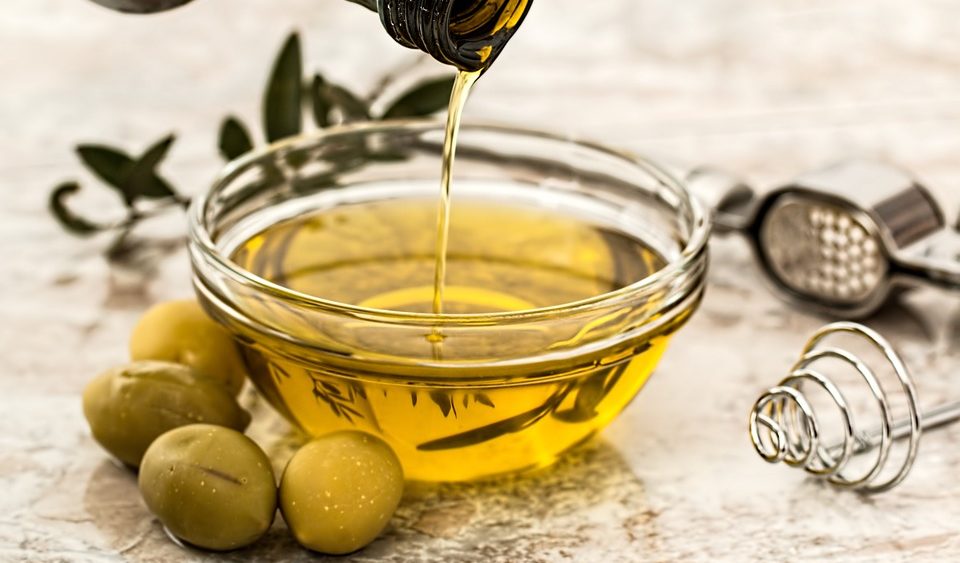
Advertisement
The older you get, the frailer your bones become. Older people are thus more prone to developing serious injuries. One of the most common and worst bone injuries is a hip fracture.
Fortunately, you can manage the risk of this potentially debilitating injury to your hip bone. By eating the right foods, you could not only lower the chances of fractured hips, but also delay the onset of your vulnerability to it by years.
Swedish researchers from Uppsala University (UU) looked for environmental factors that could affect the different rates of hip fractures in people as they age. They settled on diets, which could be easily modified by the person consuming the food.
Diets with plenty of fruits and vegetables are linked with reduced numbers of hip fracture in several studies. In particular, the Mediterranean diet displayed promise as a means of lowering the risk of such fractures.
A Mediterranean-style diet is known to do wonders for cardiovascular health. In turn, heart disease is linked with increased risk of broken bones, including hip fractures. So the antioxidant-rich diet could potentially improve bone health as well. (Related: Mediterranean diet reduces inflammation and degradation of cartilage in osteoarthritis patients.)
Does the Mediterranean diet lower hip fracture risks?
For their study, the UU researchers used the Cohort of Swedish Men (COSM) and the Swedish Mammography Cohort (SMC) from 1997. The 71,333 participants enjoyed clean bills of health with no cases of cancer or heart disease.
The participants answered a food?frequency questionnaire that determined how many times they ate a particular food item in 1996. Their answers were turned into average daily intake and total energy intake.
The Mediterranean diet scale proposed by a 2003 University of Athens study was used to come up with a modified Mediterranean diet score. Each participant was given one point for eating high amounts of the following: fruits and vegetables; legumes and nuts; unrefined and fiber-rich grains; fermented dairy products; and fish.
Furthermore, another point would be given if the participant consumed lower than usual levels of red and processed meat; using olive oil or rapeseed oil; and moderate amounts of alcohol. This grading system would determine how closely the foods eaten by a participant matched an actual Mediterranean-style diet.
Finally, the researchers sought out the first incident of hip fractures reported by the participants from 1998 to 2012. They then investigated the correlations between these cases and the diet of the participant who suffered the injury.
Consuming antioxidant-rich foods may help protect hip bones
Based on the results of their review, the Swedish researchers found that participants who adhered to the Mediterranean diet enjoyed lower body mass index (BMI) scores, higher daily energy intakes, and better levels of education. These participants also displayed high levels of physical activity, were less prone to smoking, usually lived with another person, and tended to use health supplements.
Participants with moderate scores in the modified Mediterranean diet score enjoyed 12 percent fewer hip fracture rates compared to those who scored very low. Meanwhile, the ones who got the highest score showed 22 percent lower risk of suffering hip fractures.
Every one-unit increase in the modified Mediterranean diet score led to a six percent reduction rate of hip fracture. Furthermore, that point resulted in a three-month increase in the average age at which the participant finally suffers a hip fracture.
The results applied to both male and female participants. While it was especially prevalent in the younger participants, it also applied to the older ones. The UU researchers therefore concluded that consuming foods found in a Mediterranean diet are connected with fewer and later risks of hip fractures.
Check out Nutrients.news for more articles on the protective properties of healthy diets.
Sources include:
Advertisements







